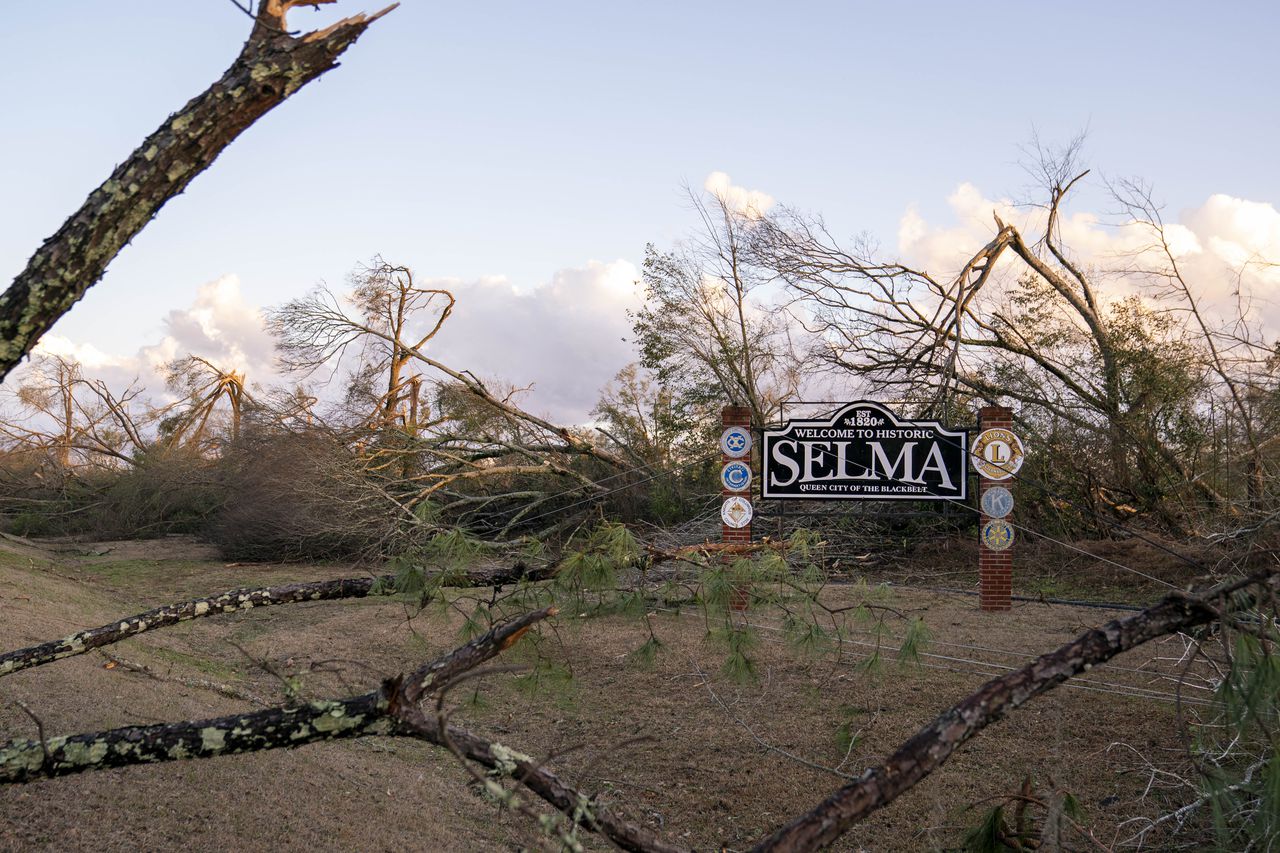Bridge Crossing Jubilee ‘needed more than ever’ in tornado-damaged Selma
The annual Selma celebration that commemorates the fight for voting rights will go forward in March despite the tornado damage to the city, organizers said.
“The Bridge Crossing Jubilee is needed every year. But in light of the massive devastation in Selma, it is needed now more than ever,” Faya Rose Toure, a founder of the annual celebration, said in a news release.
A tornado with estimated winds of 130 mph (209 kph) swept through the city on Jan. 12, destroying houses and businesses. The area, along with others in the South impacted by the storms, was declared a major disaster area.
The Bridge Crossing Jubilee will take place from March 2 to March 5, organizers said.
“We need all the help we can get to overcome the devastation wrought by this tornado. We need as many people as possible to come to Selma during The Bridge Crossing Jubilee to see the devastation so that they can help,” Dallas County Probate Judge Jimmy Nunn said.
The annual event remembers Bloody Sunday, the March 7, 1965 day when white state troopers attacked Black voting rights marchers attempting to cross the Edmund Pettus Bridge. Two weeks later, the Rev. Martin Luther King Jr. led demonstrators out of Selma on a march to the Alabama Capitol. The marches and images of the violence shocked the nation and helped galvanize support for passage of the Voting Rights Act of 1965.
The commemoration draws visitors to Selma, including politicians paying homage to on of the key moments in the civil rights movement. Vice President Kamala Harris spoke last year in Selma. Then-President Barack Obama in 2015 gave a speech at the foot of the city’s Edmund Pettus Bridge to mark the 50th anniversary of the civil rights marches from Selma to Montgomery.
Former Sen. Hank Sanders, a founder of the annual commemoration, said the celebration will likely look somewhat different this year. He said there will be a focus on not just rebuilding Selma but striving for the “beloved community,” a phrase popularized by King to describe a community of justice and cooperation.
“With all of this devastation, it’s not something the people of Selma can do by themselves. It’s going to take people from all over the country,” Sanders said.
